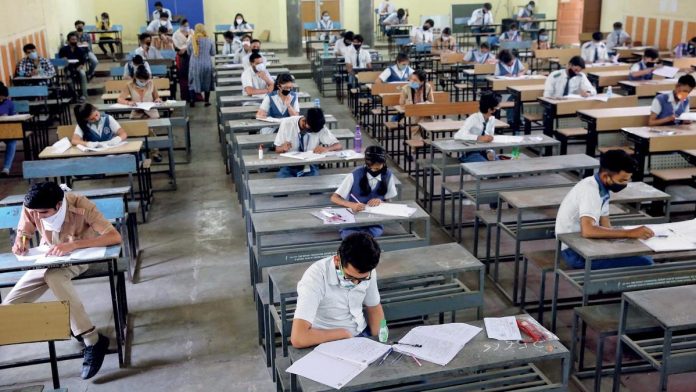- As you are aware, the subject matter is always in the news leading to passionate debates from experts, academicians, activists, educationists, and the education department authorities whilst dissecting threadbare. We know none of the countries can prosper/grow without having a sound and robust education system in place. To be counted among the best, every country must lay tremendous emphasis on sprucing the education system, more specifically primary education, which forms the very basic foundational block of learning. Moreso, in the present day world which is witnessing dynamic growth courtesy of unbelievable technological developments occurring with such speed and regularity.

PC: Netscribes
- No wonder, some of the most advanced countries lay great emphasis on primary education without batting an eyelid. The moot point to ponder here is where Indian primary education systems stand compared to other nations. Let us delve further to understand the matter. A recent survey of 86,000 Class 3 students from 10,000 government and private schools found that 11% of students lacked basic numeracy skills and 37% with limited skills. To glance at the glass half full, 42% met global minimum proficiency and had sufficient skills while 10% boasted superior skills. Undoubtedly, many schools, especially those catering to the middle classes, are impressive.
- But the lagging 48% is India’s major challenge. Collectively, it’s a number over 1 crore given an estimated 2.3 crore children in Grade 3, assuming 100% enrolment. Further, in languages, some good news came from English proficiency levels – 34% had superior skills, 21% had sufficient skills, and 45% were below par. For Hindi, corresponding figures were 25%, 22%, and 53% respectively, and for Tamil 9%, 14%, and 77%. Only Punjabi outdid English. Of course, the desire to master the English language, widely seen as a passport to better prospects, may be one explanation. Yes, it’s also a reminder to politicians who target English that children and their parents have a clear preference.

PC: David Feugey
- However, some findings seem puzzling and need further examination, including the quality of the sample. Poor performance in children’s numeracy skills in rich states like Tamil Nadu and Delhi compares with above-average performance in one of the poorest states, Bihar. Remember Bihar returned very low scores in the recent National Achievement Survey as well. Nationally, the news is not hopeful. Because it’s not rocket science to figure out that so many children lacking basic numeracy skills are really bad news for a modern economy, just imagine a scenario when these children grow up, many low-skill jobs will disappear thanks to automation.
- Already, as evidenced by educated unemployed queuing up for jobs below their learning qualifications, India has a jobs scarcity and unemployability problem. Spending more money on primary education is necessary but not sufficient. The quality of teachers and teaching are problems that can only be solved by making schools accountable to stakeholders. Here, the political will to usher in educational reforms should do the trick. Will the political class holistically approach the task? My guess is as good as yours.






